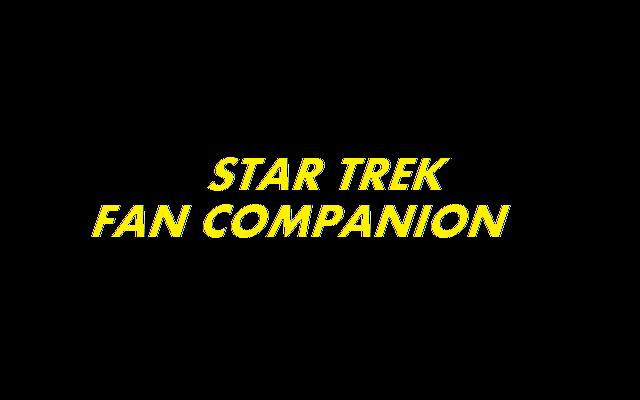The first season of Star Trek certainly set a definite tone to what became an instantly iconic television experience. In many ways, I think, it was a tough act to follow, at least as reflected in the second installment of my favorite episodes from the franchise.
2x1 “Amok Time”
The season started out on a strong note, and perhaps an obvious one, once again putting Spock in the spotlight, in a rare instance of the series exploring directly some of the working texture of its universe, plunging the Vulcan into mating heat that not only allowed Kirk another epic battle (with his own best friend!), but one of the finest closing moments in any Star Trek story, as Spock learns he hasn’t actually killed his captain. He lets slip a smile, and then returns to his stoic poise.
2x4 “Mirror, Mirror”
An episode that eventually spawned a whole subplot in the franchise, a parallel universe where everything is basically the reverse of how we know it. Kirk leads an away team that inadvertently transports onto the ship of their counterparts, switching places, leaving the captain to grapple with a more ruthless version of Spock, who must be persuaded to fully implement his famous logic. Another instant classic.
2x6 “The Doomsday Machine”
I guess this is what the series did best when it was at its best. Here, another Starfleet captain becomes obsessed with a planet-killer, forcing a confrontation with the Enterprise crew, producing a dramatic hour that capitalizes on the possibilities of Gene Roddenberry’s creation while remaining true to his ideals of a more perfect future.
2x8 “I, Mudd”
Fans of the show recognize this as the second appearance of Harry Mudd, after an earlier one in the first season, making this a rare occurrence of the series, normally as episodic as any other contemporary TV experience, acknowledging the events of a prior adventure. Mudd commands a population of artificial life-forms, something ‘Star Trek’ routinely handled, but the franchise would explore in greater details in later incarnations.
2x10 “Journey to Babel”
Andorians, Tellarites, and Spock’s dad Sarek all debut here, in a tale of intrigue and interplanetary politics that takes a big slice of franchise lore into its plot.
2x12 “The Deadly Years”
This is a pretty straightforward entry, and has been a favorite of mine since I originally saw it. Kirk and McCoy lead the charge to…old age, when an away team comes back with an infection that leads to rapid aging, some form of which would become a staple for the franchise.
2x15 “The Trouble with Tribbles”
After “City on the Edge of Forever,” there’s probably no more famous an episode of the show than this one, which takes a clash of cultures between Kirk’s Starfleet and the Klingon Empire and puts fuzzy little balls of fur squarely in the middle. A few episodes have been revisited directly, but only this one managed to produce a second franchise classic years later. The hour also happens to be the show’s definitive ensemble moment, with a moment for just about everyone, especially Scotty, who picks a fight not out of pride for his captain, but for his ship!
2x17 “A Piece of the Action”
Kirk and company visit a world that has taken gang culture to the extreme, assuming its entire social identity from an old book describing early 20th century Chicago mobs. Another instantly identifiable entry.
2x26 “Assignment: Earth”
I think one of the forgotten legacies of the show was this attempt at a spin-off, that wouldn’t have had “Star Trek” in the title, but rather feature time cop Gary Seven. As a season finale to a year with these kinds of episodes, it was about as ambitious as the show could get at this point, which of course failed, but to even begin to imagine how Star Trek as a franchise might have turned out differently if it hadn’t.
But as far as the network was concerned, that failure wasn’t much of a surprise, because, frankly, it was probably surprised that Star Trek itself was still on the air. The good episodes in the second season were probably better than the best of the first season, but at least as my survey goes, there were fewer of them, which probably helps explain how, even with so many memorable moments, the show was still failing. For those who already loved it, Star Trek was doing a great job of keeping them entertained, but maybe it wasn’t doing so well attracting a wider audience…

No comments:
Post a Comment
Note: Only a member of this blog may post a comment.